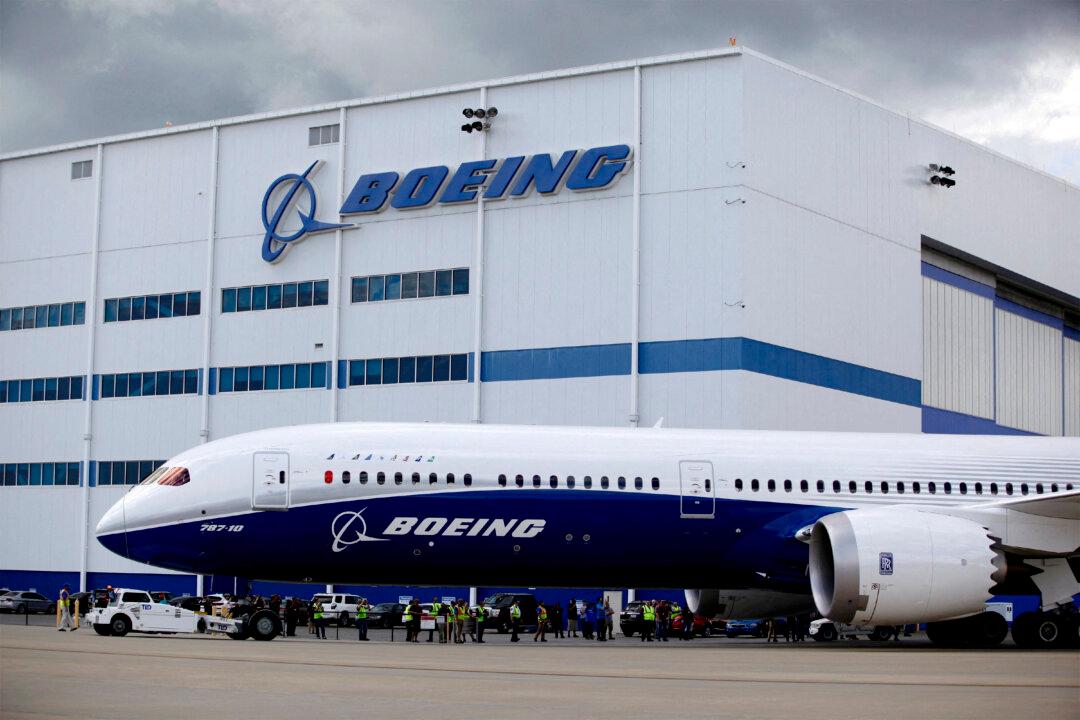News Analysis
From a collapsing stock to a series of public relations disasters, Boeing is looking to navigate the turbulence it has endured over the past few years.

From a collapsing stock to a series of public relations disasters, Boeing is looking to navigate the turbulence it has endured over the past few years.